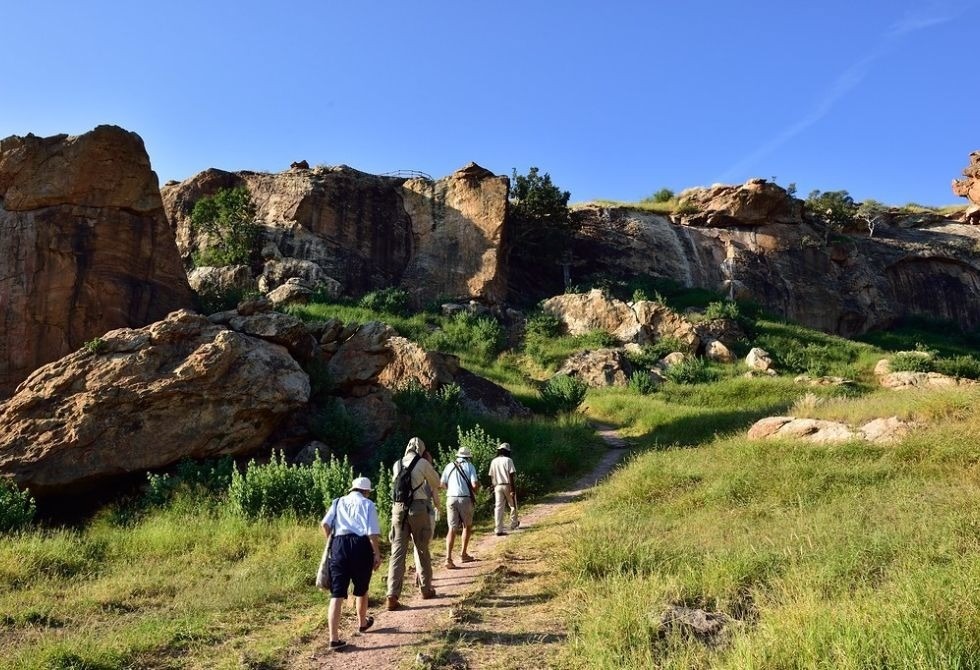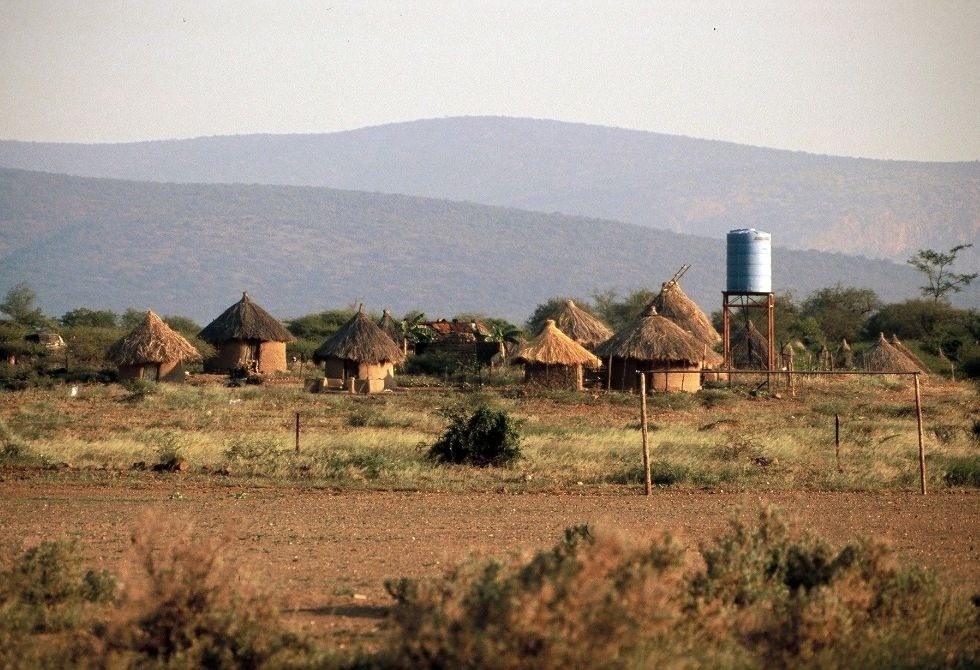
What Is Slow Travel?
Perhaps you’ve come across this all-too-familiar situation before: the longed-for holiday that somehow left you more tired than when you left. It’s a common feeling and one that is leading many travellers to consider a new way of travelling. Say hello to the slow travel trend!
The challenge with the modern world is that it’s increasingly harder to completely turn oneself off and fully engage with the environment that surrounds us. Expectations of constant availability for work and other commitments plus the ever-increasing capacities of those devilish devices that now no longer live in our pockets but in our ears, on our wrists and soon even in front of our eyes mean that the real world often becomes a backdrop rather than front and centre.
Slow travel tries to counteract this by bringing the real world back into focus and pushing distractions from the virtual space back onto the servers from which they originate. So how is this achieved? Firstly, by deciding to maximise time at a given destination but to minimise the mobility at that destination.
Secondly by choosing to engage with the uniqueness of that destination (sites, food and people) over a longer period and get beyond a superficial ‘hi and bye’. Thirdly, by developing new skills, either physical or mental. Fourthly seeking out everything locally (accommodation, transport, food) and lastly, opting for the more sustainable ways of getting between your locations (which normally will mean getting around much more slowly). Finally, slow travel is about wellness, reflection and deliberation.
Of course, slow travel has a great deal to do with responsible tourism as a result. Mass tourism and conventional itineraries aim to cram as much into a day as possible, focusing on ‘highlights’ and ‘experiences’ rather engagement. As a result, precious resources like food, fuel and water are overused or wasted. If you travel responsibly, you eschew the quick fix for the slower burn, the pace for the space so you have time to finish your plate of food, you have time to cycle to your next site, you have the evening to journal and reflect on your day.
The Venda Walking Holiday – A Slow Travel Experience
This slow travel approach is front and centre to what we offer at Where It All Began: a good example would be our range of walking holidays. Our Venda Walking Holiday as the name would imply, this deliberately slow journey takes you from village to village through the little-known area of Venda in Limpopo province South Africa (the countryside of our nation is topic for many books but for a brief dip into it, have a look at our guide on South African Countryside.
As you walk, your luggage is portered for you, but you are guided each day by a different guide from each village. Conversation on the way will point out features of the natural environment and open discussions about how these compare to similar flora and fauna in other parts of the world. Stopping for a traditional packed lunch you have the chance to understand your guide’s world and their point of view and understand more about the fascinating and little-known culture of the Venda people. On arrival at your new village for the night, you’ll be treated to local cuisine with freshly sourced ingredients from the forest and veld accompanied by music, storytelling and song.
Day-by-Day Highlights of the Journey
- Day 1–2: Arrival in Thohoyandou, visit to Phiphidi Waterfall, hiking the Pile & Chitadzumba Trail
- Day 3–4: Matsila Village: cultural immersion, traditional dance, local food
- Day 5: Reflections on culture, nature, and human connection



Why Slow Travel Matters in South Africa
Comparing traditional approaches to visiting South Africa (i.e. travelling between locations encased in glass and steel, polluting as you go and cut off from the very people and places you’ve come all this way to visit), slow travel is clearly a much more engaging experience for the traveller and far more memorable. But beyond the personal experience, the ramifications of slow travel, particularly a walking holiday hosted by local communities, have a huge impact on those you visit. At Where It All Began, we are a business, so we do charge a fee for arranging the experience but otherwise all the money that’s paid by the traveller goes direct to the communities visited. As such, travelers can see and meet the very people their travel is benefitting which is so much more rewarding than handing over money to an anonymous online company.
All of our slow travel experiences at Where It All Began are as carbon neutral (and in some cases carbon positive) as they can be. We are the only travel company in the country that offers itinerant sustainable travel, so where possible we opt for horseback, bicycle, foot and sailboat, all of which are zero emission, over cars and trucks. When we have to, we use conventional vehicles to cover large distances or in areas where sustainable transport isn’t possible. So not only does a slow travel journey have a powerful impact to your host communities, it also has a significantly reduced impact on the planet and the local natural environment.
One challenge with slow travel is that it involves increased engagement with local people in a less transactional and a more in-depth way but this in turn can lead to fears of cultural exploitation or over exposure of local people to external cultures. At Where It All Began, we take this threat seriously and constantly seek to balance the benefits of cross-cultural experiences (which include financial) with the possible detriments. One of the ways we do this is to avoid running our journeys during culturally sensitive times (e.g. weddings, religious days) and avoiding running the same journey more than a set number of times a year. We also believe that because many of our journeys involve song, dance, ritual and storytelling specific to cultures, the traveler themselves gives more reason for the community to focus on preserving and practicing their culture and celebrate it.
More Walking Adventures to Explore
Our Venda Walking Holiday might not be for everyone! It is quite a distance and because it’s a walk from rural village to rural village, accommodation is certainly not luxurious and much more spartan, in keeping with the authenticity of how the Venda people traditionally live. Of course we have lots of other walking adventures where you will still have all the key features of the Venda journey, such as immersive contact with local people and their unique perspectives on the natural environment, fully portered and fully catered, fully guided by locals but then accommodated in a much higher standard of accommodation.
For example, you might prefer our Wild Coast Hotel Hopper which will introduce you over four days to the spectacular coastline of the Eastern Cape or take to the mountains with our Adventurous Cape Peninsula and Overberg Hike, conveniently situated close to Cape Town and located in two separate biomes.
Final Reflection: Travel Slower, Connect Deeper
Slow travel touring done right is an excellent way to both stimulate and rejuvenate at the same time. Removing distractions of the modern world and entering into an immersive environment surrounded by people and wildlife allows travelers to return to their working lives much more rested, despite (and in fact because of!) the physical exertion of more sustainable forms of transport like walking, cycling and horse-riding. Organising your own slow travel adventure is challenging, though, as you have to consider the many variables at play in a middle-income country like South Africa, so we strongly encourage you to browse our slow travel holidays and let us know which components you’d like to ask us to weave into your own custom-built journey.


